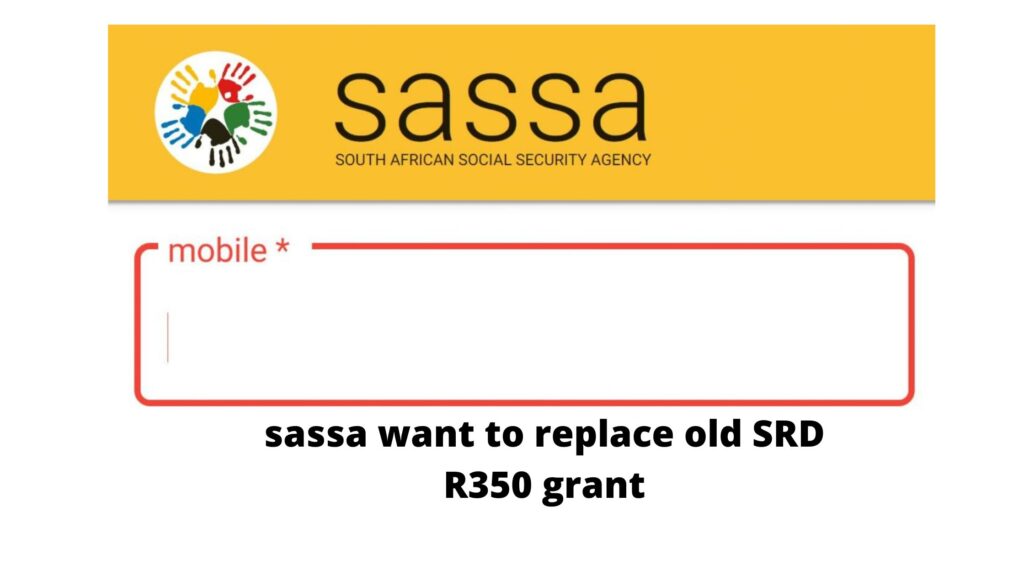Non-Governmental Organisations (NGOs) and activists are not pleased with the government’s proposal to replace the Covid-19 Social Relief of Distress (SRD) grants. The Institute for Economic Justice said the proposal was extremely troubling.
According to the South African Social Security Agency (Sassa), the Covid-19 Social Relief of Distress (SRD) grants are set to end on 31 March 2023 and another grant will replace it. Although something may replace the grant, many are unhappy about this proposal.
Dr Gilad Isaacs from the Institute for Economic Justice said that they have noticed that the number of successful applicants has decreased by half the previous amount. Approximately five million applicants were denied due to eligibility criteria, which many believe is “unacceptable”.
Isaacs stated that the proposals currently presented are to “further segment the current group eligible into three different groups and to offer some of them the SRD [grant], some of them various alternatives and others to exclude them entirely”. Reasons were provided for excluding individuals from the SRD grant.
The government justified excluding individuals from the R350 grant because the country would not be able to afford to expand the grant. Whereas others believe that “social grants make people lazy and dependent on the state”, however, there is no evidence to prove that it is true.
Proposals from the Institute for Economic Justice have been sent to the Social Development Department which include:
- No longer excluding individuals who previously received the SRD grant.
- Making the grant accessible to all in need, between the ages of 18 and 59 years.
- Increasing the amount of the SRD grant to at least meet the poverty line.
Individuals were excluded from the R350 grant because of the way they answered the questionnaire. The questionnaire asks if the person has received any form of support over the past month, which in many cases they have in order to make it through the month.
These individuals may not necessarily have received an income, but they might have needed to borrow money from family members or neighbours to pay for essentials. However, since the question is not specific many people are excluded because they answered yes to the question.
Providing individuals with a grant which meets the poverty line ensures that they have a sufficient income to put food on the table and cover monthly expenses, such as water, electricity, rent and transportation.
The Institute aims to ensure that the SRD grant is gradually increased and accessible to all in need. Earlier this year they met with the president and presented solutions to make this possible.


